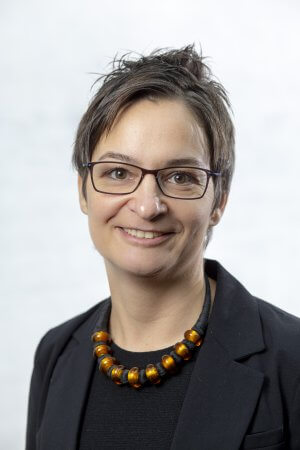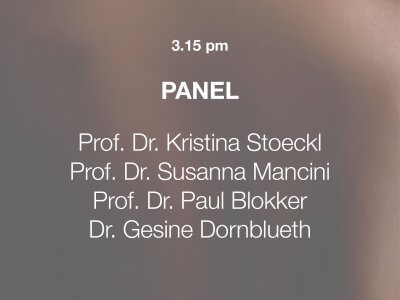Abstract by Prof. Dr. Kristina Stoeckl
As part of the panel-session , the talk of Kristina Stoeckl will focus on moral conservative strategies to redefine rights pertaining to the sphere of family and education. On the basis of findings about networks between Russian Orthodox and American Christian Right grassroots organizations (NGOs), she will argue that moral conservative interactions across denominations and countries date back more than two decades, but have moved into the focus of (international) politics and public and academic debate due to the conservative turn of the Russian government since around 2012, the presidency of Donald Trump, and the successes of populist right-wing parties in Central and Eastern Europe and the ensuing state-of-law infringement procedures against Poland and Hungary. Through the creation of an “illiberal consensus” on morality politics around abortion, same-sex marriage or gender-education, conservative networks strive to influence the policy process domestically and in international institutions, i.e. the European Court of Human Rights, the European Union, and the United Nations, in view of blocking progressive and liberal trends towards more inclusion and equality of gender-rights, reproductive, children- and women’s rights. The presentation will focus on the question “what difference does Russia make in all of this”.


